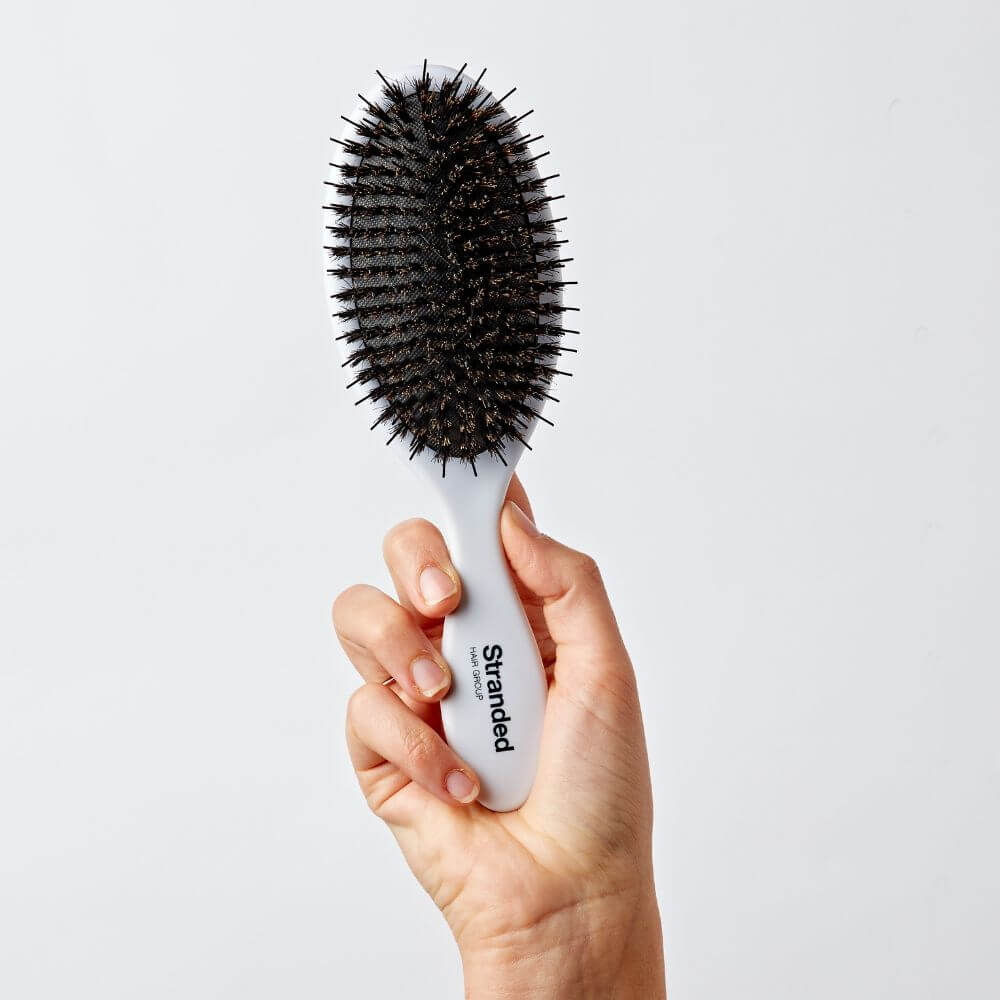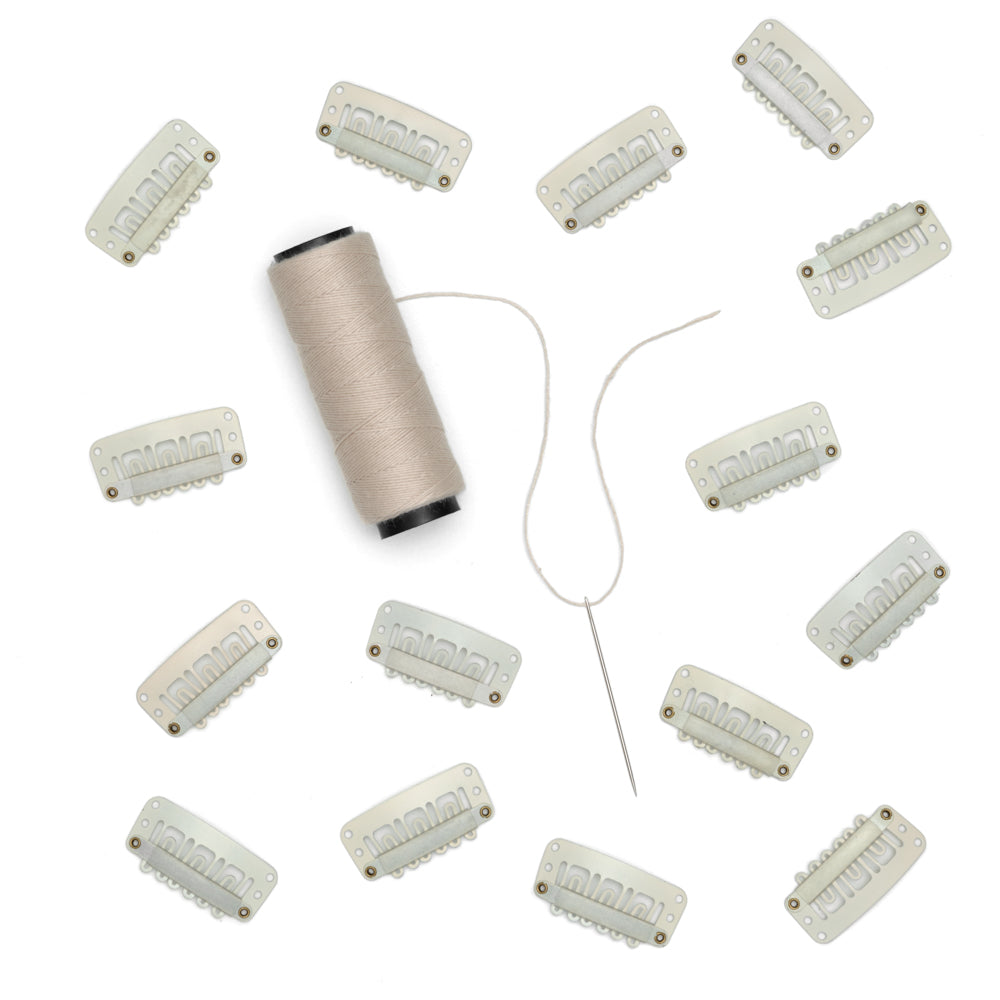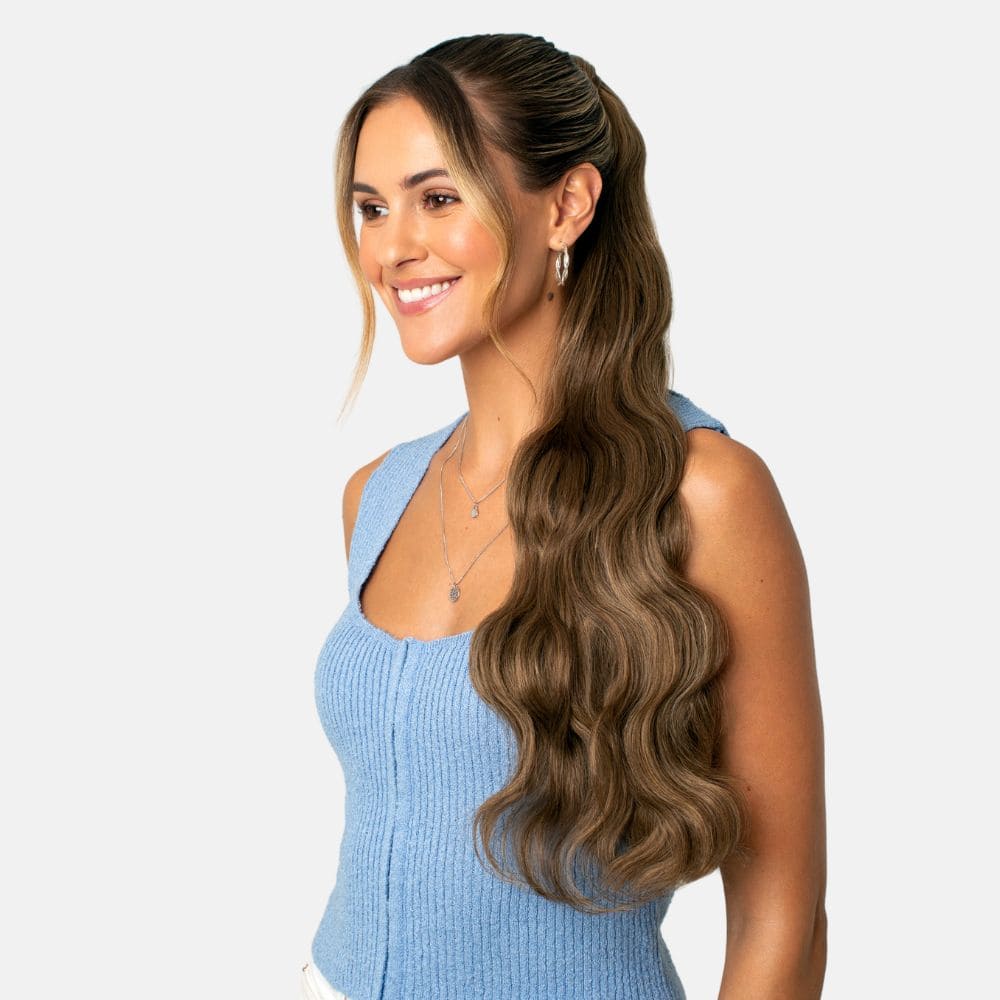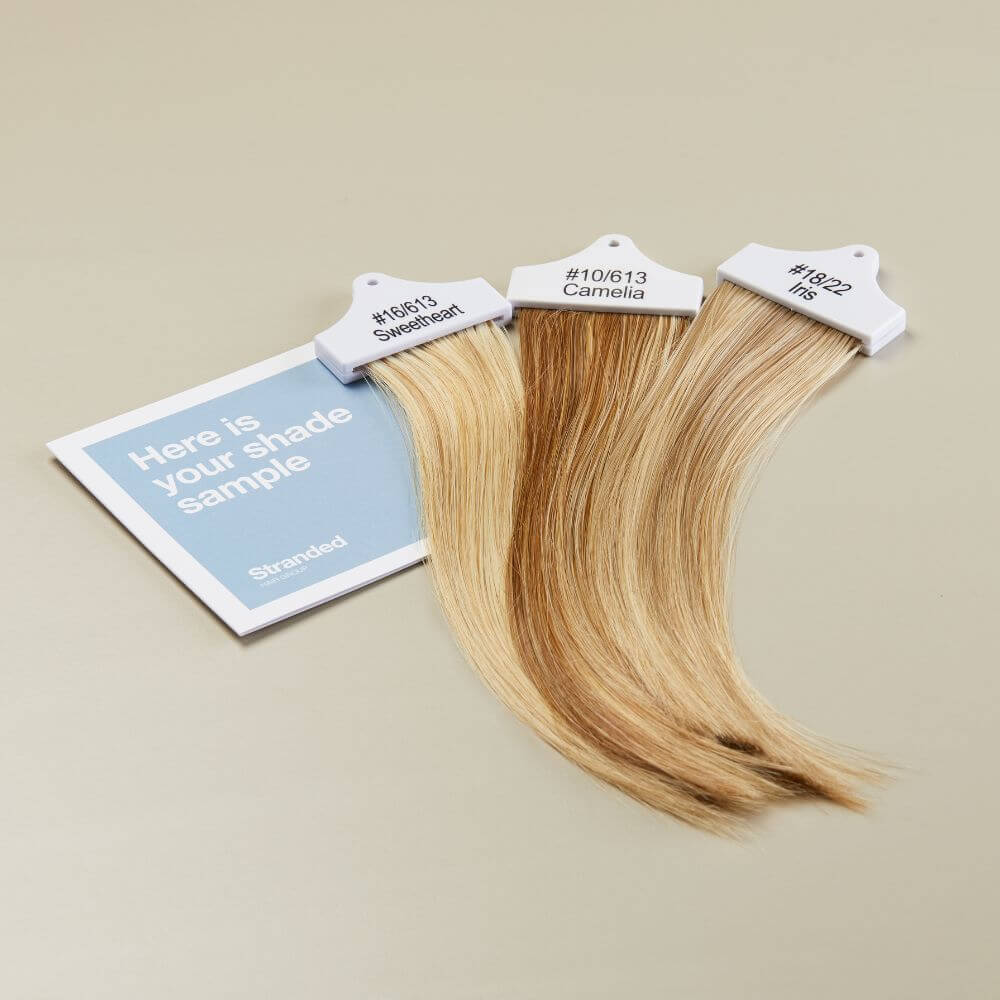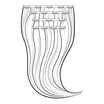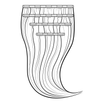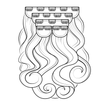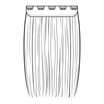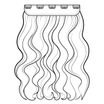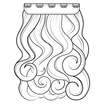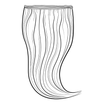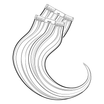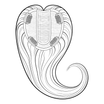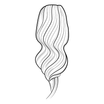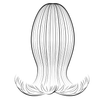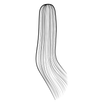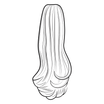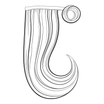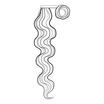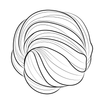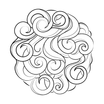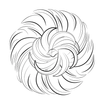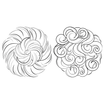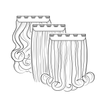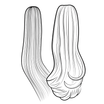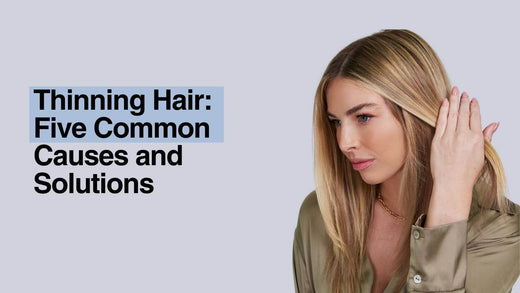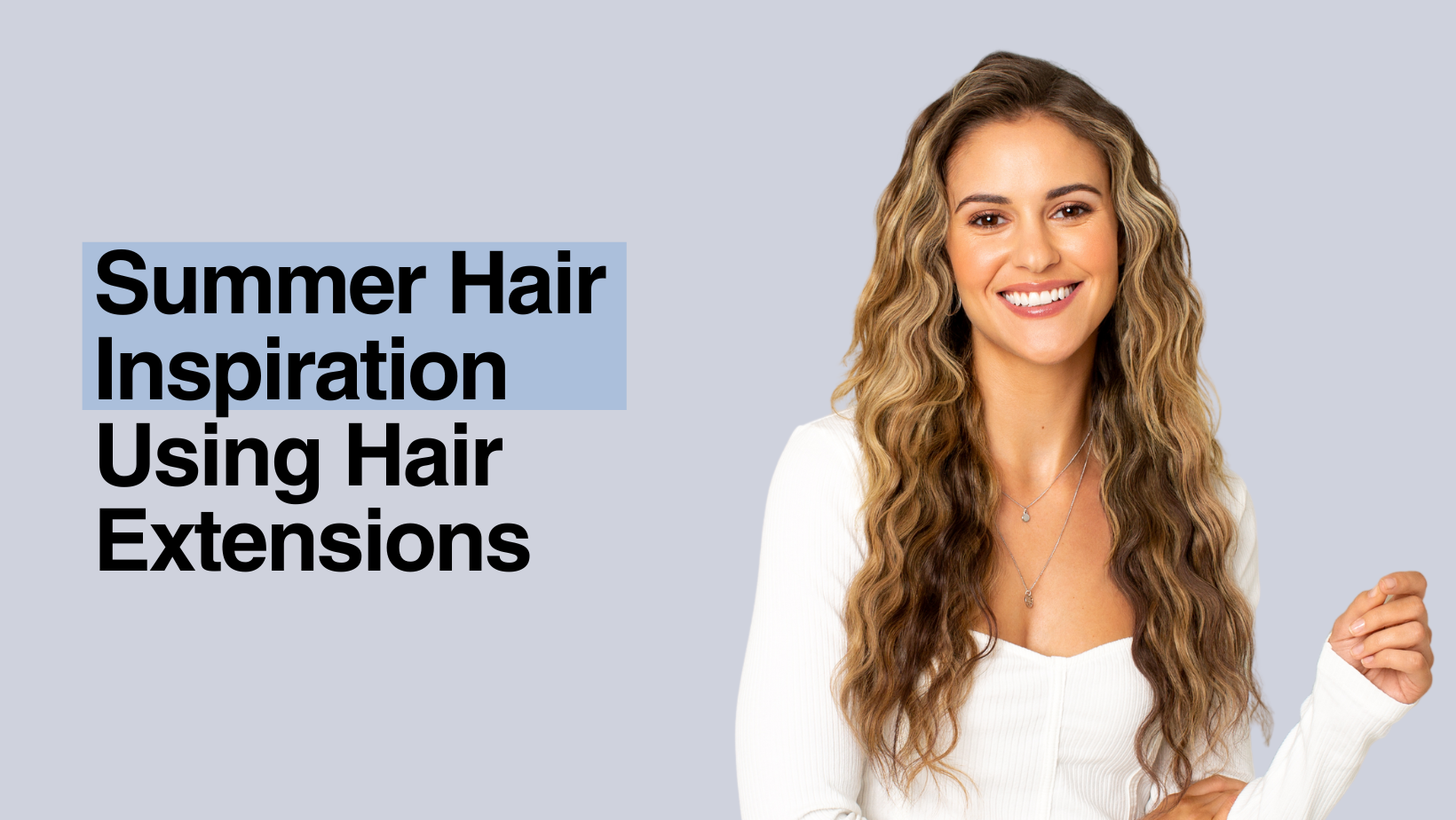Individuals with thin hair often face unique challenges when it comes to styling and maintaining their hair. The use of products which contain silicones and sulphates can make styling and maintaining hair health more difficult. Discover the negative effects of silicones and sulphates on thin hair and read some of our top tips to promote the look and appearance of thin hair.
Silicones and sulphates are ingredients that are found in most hair care products. These ingredients initially make the hair feel soft and detangled, however, over time silicones can cause product build-up and sulphates can strip natural oils from the hair. These results can be particularly harmful to women with thin hair, they can affect hair health and appearance of your hair, which can be challenging if you are insecure or self-conscious of your thin hair.
Understanding Thin Hair
"Thin hair" refers to having fewer individual hairs on the scalp compared to the average. This condition can result from various factors, including medical issues like thyroid problems, side effects of certain medications, or natural occurrences such as genetics, post-pregnancy, and menopause. It's important to note that thin hair differs from fine hair; thin hair refers to the number of hairs on the scalp, whereas fine hair describes the thickness of each strand. Therefore, it is possible to have fine hair with a high density, making the lack of hair less noticeable. Having thin hair can make the lack of density more obvious, individuals with thin hair should be more selective about the products they use on their hair.

Negative Effects of Silicones on Fine Hair
Silicones, commonly found in hair care products, can negatively affect thin hair. Thin hair, which is already sparse in appearance, may look even more lacklustre due to potential buildup from these substances. The main issue with silicones is their tendency to accumulate on hair strands, leading to a heavy, weighed-down appearance. The lightweight nature of thin hair makes it particularly susceptible to the negative effects of silicone buildup. This can cause thin hair to become flat, lacking in volume, and appearing limp.
Maintaining volume is a constant challenge for those with thin hair, and the use of silicone-based products makes this more of a challenge. The heavy coating from silicones can weigh down the hair, making it difficult to achieve the desired fullness and bounce. This not only affects the overall look and style but also makes it harder to maintain the volume throughout the day.
Clip-in hair extensions can add volume and fullness to the hair without negatively affecting the health of your hair. Clip-in extensions are a temporary solution to add instant thickness, the short-term use is favoured over long-term semi-permanent use of extensions for women with thin hair.
We'd recommend sourcing clip-in extensions which are designed for thin hair types, the Seamless Set is specifically designed for thin hair types, and the silicone track is lightweight and discreet making it an ideal solution for an instant boost of temporary hair thickness.
Top Tip: To combat the negative effects of silicones on thin hair, regular use of clarifying shampoos is essential. These specialised shampoos help to remove product buildup, ensuring that the hair remains light and voluminous. By incorporating clarifying shampoos into your hair care routine, individuals with thin hair can prevent the excessive accumulation and potential damage caused by silicones.

Negative Effects of Sulphates on Fine Hair
Sulphates are commonly used in shampoos as foaming agents that help to create lather and remove dirt and oil from the hair. While they may effectively clean the scalp and hair, they also come with potential effects and risks that can negatively impact the health of thin hair.
One of the main concerns with shampoos containing sulphates is their ability to strip the scalp of its natural oils. Sulphates are strong detergents that can remove the essential oils produced by the scalp, leading to dryness and potential irritation. This lack of moisture can further disrupt the natural balance of the scalp, making it more prone to flakiness, itchiness, and overall discomfort and damage.
Sulphates also have the potential to damage hair protein, which is essential for maintaining strong and healthy hair strands. The strong cleansing properties of sulphates can weaken the hair shaft, making it more susceptible to breakage and split ends. This damage to the structural integrity of the hair can result in thin hair appearing thinner, limp, and less vibrant hair.
Excessive hair fall is another risk associated with the use of shampoos containing sulphates. The combination of essential oil and moisture depletion, as well as hair protein damage, can lead to increased hair shedding. This can be especially distressing for individuals already struggling with hair thinning or hair loss.

Switching to sulphate-free hair care products can offer a solution to protect the health of our hair. Sulphate-free shampoos are formulated without harsh cleansing agents, allowing them to clean the hair without stripping away essential oils and moisture. By preserving the natural balance of the scalp, these products help to maintain a healthy scalp environment, reducing the risk of dryness and irritation Sulphate-free hair care products are gentler on hair proteins, minimising the potential damage and breakage caused by harsh detergents. This helps to maintain the strength and integrity of the hair strands, promoting thicker and healthier-looking hair.
Planning to Avoid Silicones and Sulphates?
This video offers a great explanation to spotting Silicones and Sulphates in products and how to understand the ingredient list for any other names they may come under.
If you are looking to cut out products which contain silicones and sulphates we recommend checking the ingredient list of your current hair care products. We advise you to consider where you purchase your hair care products from. Supermarket hair products are highly likely to contain these ingredients, however professional hair care products purchased from a professional salon tend not to have silicones and sulphates. We'd also encourage you to look for natural hair care products which do not contain silicones and sulphates these products can be money-saving and good for your hair.
If you are planning on adding hair extensions suitable for thin hair like the Seamless Set to your hair, we recommend checking out this blog for maintaining hair health with extensions.

